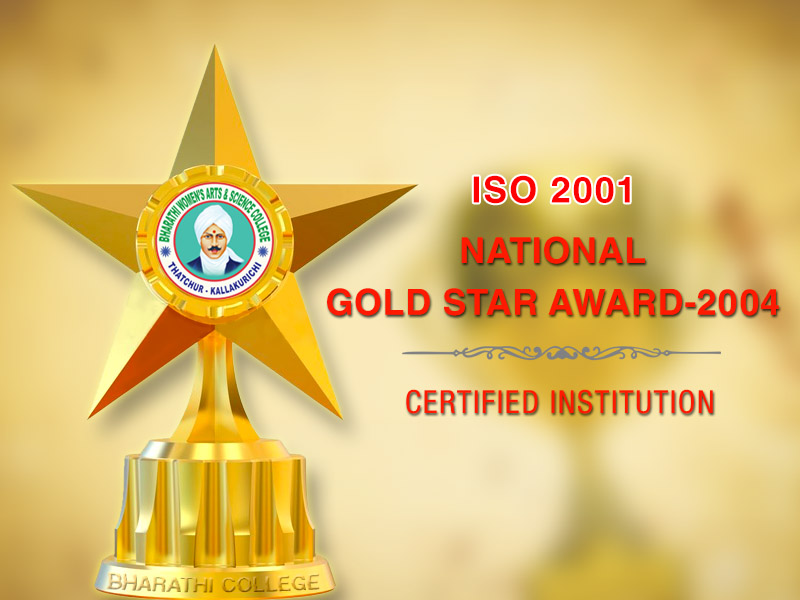Latest News
Physics Department
Introduction
Physics applies scientific methodologies to understand the most fundamental principles of nature: Matter and Energy and how they interact. From Galileo and Newton in the 1600s to Einstein and Feynman in the 20th century the progress of science in answering questions about the world is rooted in a different way of approaching things-a scientific way.
One of the key ideas in physics is that behind the complexity of the world around us, there is an underlying simplicity and unity in nature. This is often expressed through all-embracing fundamental concepts, such as the principle of conservation of energy. Such concepts, when put to work using mathematics, provide explanations for how things happen. Research at the frontiers of physics leads to a deeper understanding of the way things work and how matter behaves in difficult circumstances, and from this understanding follows the many practical applications of physics. Indeed, physics is the basis for most forms of engineering and the other sciences.
Apart from its importance and flexibility, physics is fascinating and can be fun. At its heart, physics is about finding things out - about understanding what lies behind everyday phenomena like rainbows, red sunsets and blue skies, as well as the more revolutionary concepts of quantum theory, relativity and cosmology. Physics research can be very creative and stimulating, with lots of opportunity for contributing your own ideas.
A physicist's work usually involves both experimental investigations and theoretical analysis, though some physicists specialise in one or the other of these. Physicists are increasingly using advanced computers in the solution of scientific and engineering problems, particularly for modelling complex processes. If the simulation is not based on correct physics, then it has no chance of predicting what really happens in nature.
In summary, a degree course in physics brings you face-to-face with the important fundamental concepts and knowledge that underlie our understanding of nature. A degree course in physics offers many advantages in terms of flexibility - in the choice of topics within the course, and also in the wide range of careers to which a physics degree can lead.
Vision
To pursuit knowledge in basic application and applied physics to accelerate students towards the world wide of physics.
Mission
Students in physics related programs are given training in analytical skills, creativity and imagination required to solve problems in their future fields. To give an experience with laboratory techniques and data analysis appropriate to technical endeavors.



